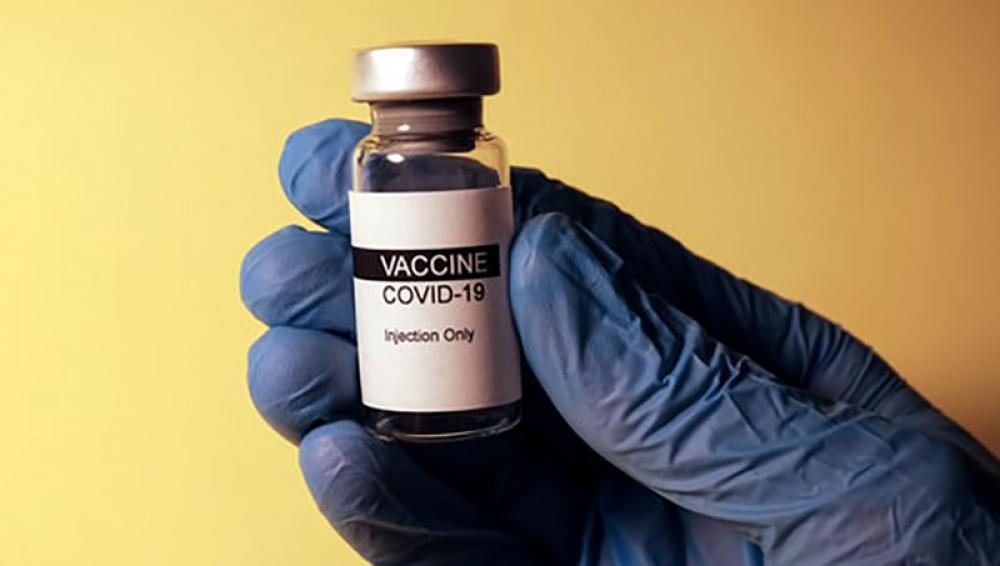Just Earth News | @justearthnews | 14 Dec 2021, 02:24 am Print
 Image: Unsplash
Image: Unsplash omicron
London: Researchers from the University of Oxford have analysed the impact of the Omicron COVID-19 variant of concern on one of the immune responses generated by vaccination.
Using blood samples from individuals who had previously received two doses of the Oxford-AstraZeneca or Pfizer-BioNTech vaccines as part of the Com-COV study, and a live virus isolate, they demonstrate substantial decrease in neutralising titres – a measure of the level of neutralising antibodies generated in responses to vaccination against, or infection from, COVID-19.
The results, published on the pre-print server MedRxiv, indicate that the Omicron variant has the potential to drive a further wave of infections, including among those already vaccinated, although the researchers highlight that there is currently no evidence of increased potential to cause severe disease, hospitalisations or deaths in vaccinated populations.
These results align with recently published data from UK Health Security Agency, showing reduced effectiveness of two doses of these vaccines against symptomatic disease due to the Omicron variant compared to Delta. Importantly, this effectiveness was improved by a third dose of vaccine.
Professor Gavin Screaton, Head of the University’s Medical Sciences Division, and lead author of the paper, said: "These data will help those developing vaccines, and vaccination strategies, to determine the routes to best protect their populations, and press home the message that those who are offered booster vaccination should take it."
.jpg)
"Whilst there is no evidence for increased risk of severe disease, or death, from the virus amongst vaccinated populations, we must remain cautious, as greater case numbers will still place a considerable burden on healthcare systems," Gavin Screaton said.
Professor Matthew Snape, Professor in Paediatrics and Vaccinology at the University of Oxford and co-author, said: ‘It was always a goal of the Com-COV studies to be able to have samples ready, if needed, to test various vaccination schedules against new variants of the coronavirus as they emerged, and we were delighted to assist our colleagues with this important study to enhance our knowledge of how the virus is changing."
"These data are important but are only one part of the picture. They only look at neutralising antibodies after the second dose, but do not tell us about cellular immunity, and this will also be tested using stored samples once the assays are available," Snape said.
"Importantly, we have not yet assessed the impact of a “third dose” booster, which we know significantly increases antibody concentrations, and it is likely that this will lead to improved potency against the Omicron variant," Snape said.
Professor Teresa Lambe, Professor in Vaccinology at the University of Oxford, and an author on the paper, said: "Vaccination induces many arms of our immune system, including neutralising antibodies and T-cells. Real-world effectiveness data has shown us that vaccines continue to protect against severe disease with previous variants of concern. The best way to protect us going forward in this pandemic is by getting vaccines in arms."
- New hybrid Mpox strain surfaces in UK and India — WHO sounds global alert
- Deadly weight: Obesity now responsible for 1 in 10 infection deaths worldwide
- Coffee and tea: This everyday drink may help protect your brain from dementia
- Happy Chocolate Day! The sweet secret behind chocolate’s hidden benefits
- Cambridge study finds menopause affects memory, mood, and sleep





-1763561110.jpg)
